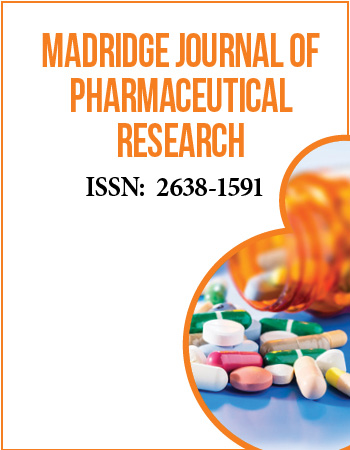2nd International Conference on Pharma & Nutrition, Health and Aging
August 1-2, 2019 Valencia, Spain
The Fibrinolytic Drug Mesoglycan Contributes to the Skin Wound Repair by Mediating Keratinocyte Activation
Department of Pharmacy, University of Salerno, Italy
Troubles can arise during the re-epithelialization phase of skin wound healing, resulting in chronic non-healing lesions which represent a serious clinical problem. Over the last decades efforts aimed to find new pharmacological approaches for wound care were made, yet almost all current therapeutic strategies employed remain inadequate or even ineffective. As such, it is crucial to identify new drugs that can enable a proper regeneration of the epithelium in a wounded skin. Here, HaCaT human keratinocytes were used as experimental model of skin re-epithelialization and the effects of the fibrinolytic drug mesoglycan on keratinocyte fate were investigated.
We found that mesoglycan induced HaCaT cell activation by triggering syndecan-4/PKCα pathway.
The activation of heparan sulphate proteoglycans could elicit stronger signaling responses by trans-activation of cellular cross talk and may play an important role in regulating cellular response during the re-epithelialization phase. Our data suggest that mesoglycan induces keratinocyte activation and differentiation and may be useful as new pro-healing drug in a skin wound care scenario.
Biography:
Antonello Petrella is a Professor of Pharmacology, Department of Pharmacy, University of Salerno, Italy. Her professional interests involve the role of Annexin A1 in migration and invasion of human pancreatic carcinoma cells and in prostate cancer progression. Moreover studying the role of mesoglycan in skin wound healing. The Author has published about 60 scientific papers in referred journals.


